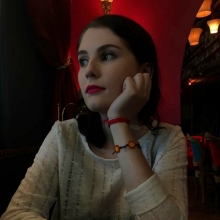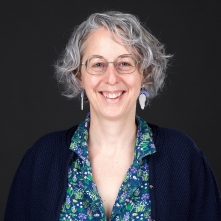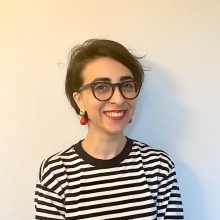Laura Acosta
Laura Acosta is a Colombian-Canadian transdisciplinary artist working with textiles, performance, and immersive audio-visual installations. She creates characters and scenographies that put into question the relationship between body and space, exploring identity, representation, and displacement. Collaboration is at the core of Laura’s practice, working with other artists and researchers across disciplines to achieve new aesthetic languages. She has presented her solo and collective work in the form of exhibitions, talks and workshops throughout Canada, Latin America, Europe and South Korea, with the support of Canada Arts Council and the Conseil des arts et des lettres du Québec. She holds an MFA in Fibres and Material Studies from Concordia University and a BFA from NSCAD University. Through her prolific collaborative project “The Novels of Elsgüer” which combines performance with different technologies to achieve interactive and immersive installations, Laura has received a nomination for the longlist of the Sobey art award from the National Gallery of Canada in 2023, as well as the Plein Sud award in 2021.
Research
Laura proposes a critical intersection between performance studies, new materialism, posthumanism, and post-colonial theories. Through her creative-research, she aims to investigate how the concepts of dislocation, disidentification, and disorientation can serve as catalysts for individual, collective, and social transformation. She is interested in examining the micropolitical implications of shifting and redefining our relationships to the mental, physical, social, and virtual structures we inhabit. Building on her existing work, she intends to delve further into the development of augmented storytelling and expanded performances during her PhD in Humanities. Her research centers on the embodied liminal experiences of 'other' identities—immigrants, BIPOC communities, females, queer individuals, and divergent bodies—as powerful sites for constructing counter-narratives of existence in the world. From this perspective, she works towards the development of decolonial futurisms and an emergent Latinx imaginary.


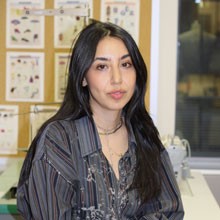
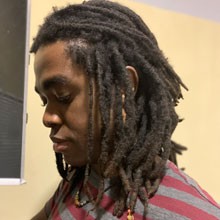
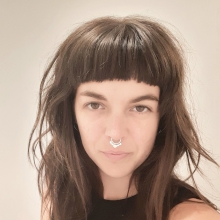
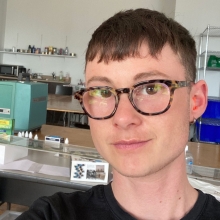
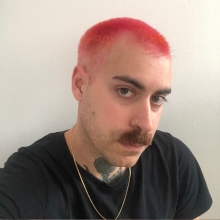
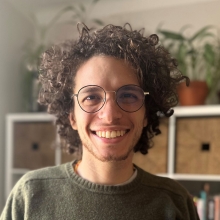
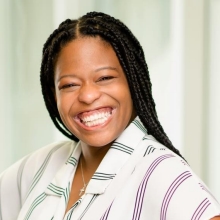
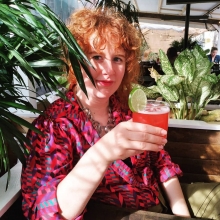
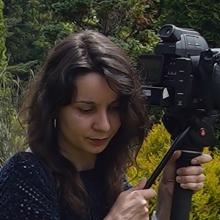
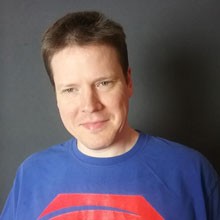
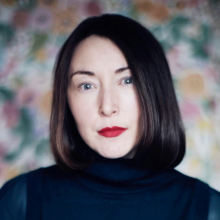
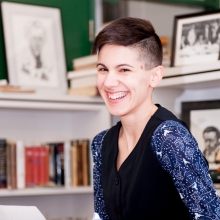
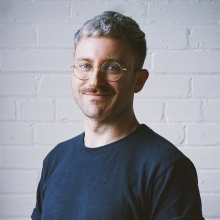
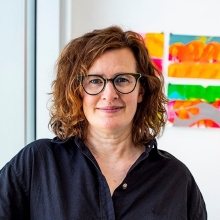
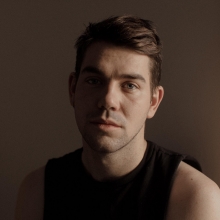
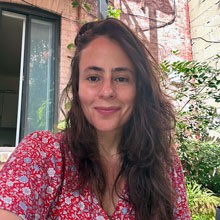
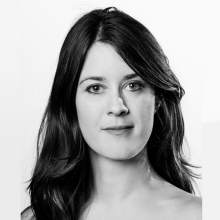
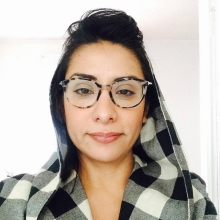
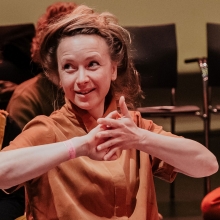
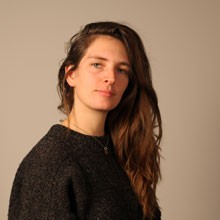
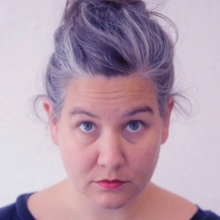
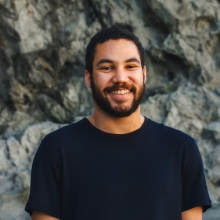
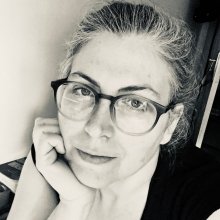

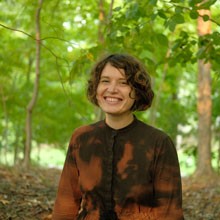
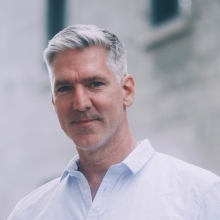
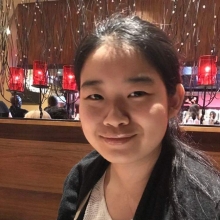
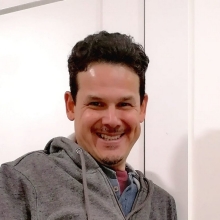
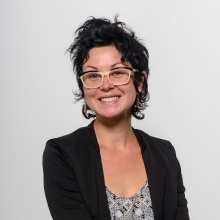
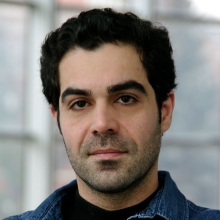
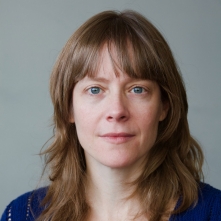
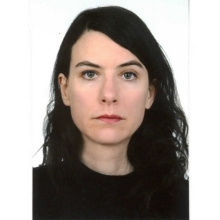
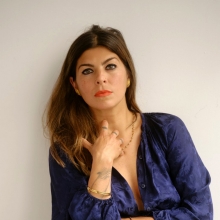
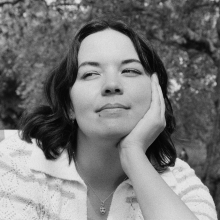
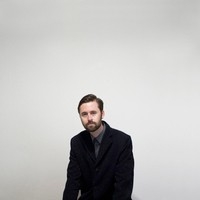
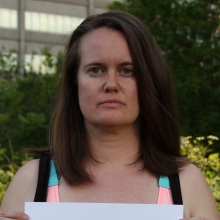
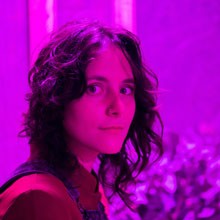
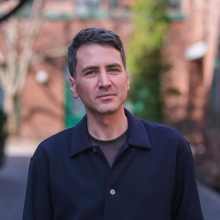
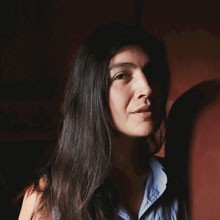
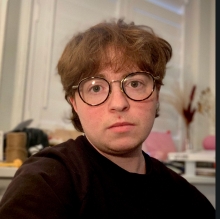
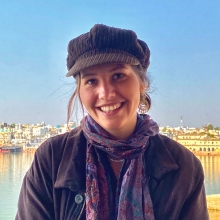
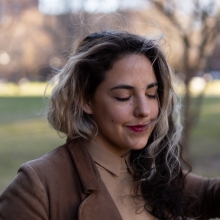
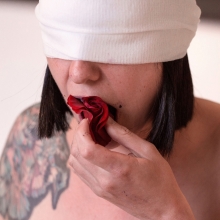 Image by Aedan Crooke
Image by Aedan Crooke
